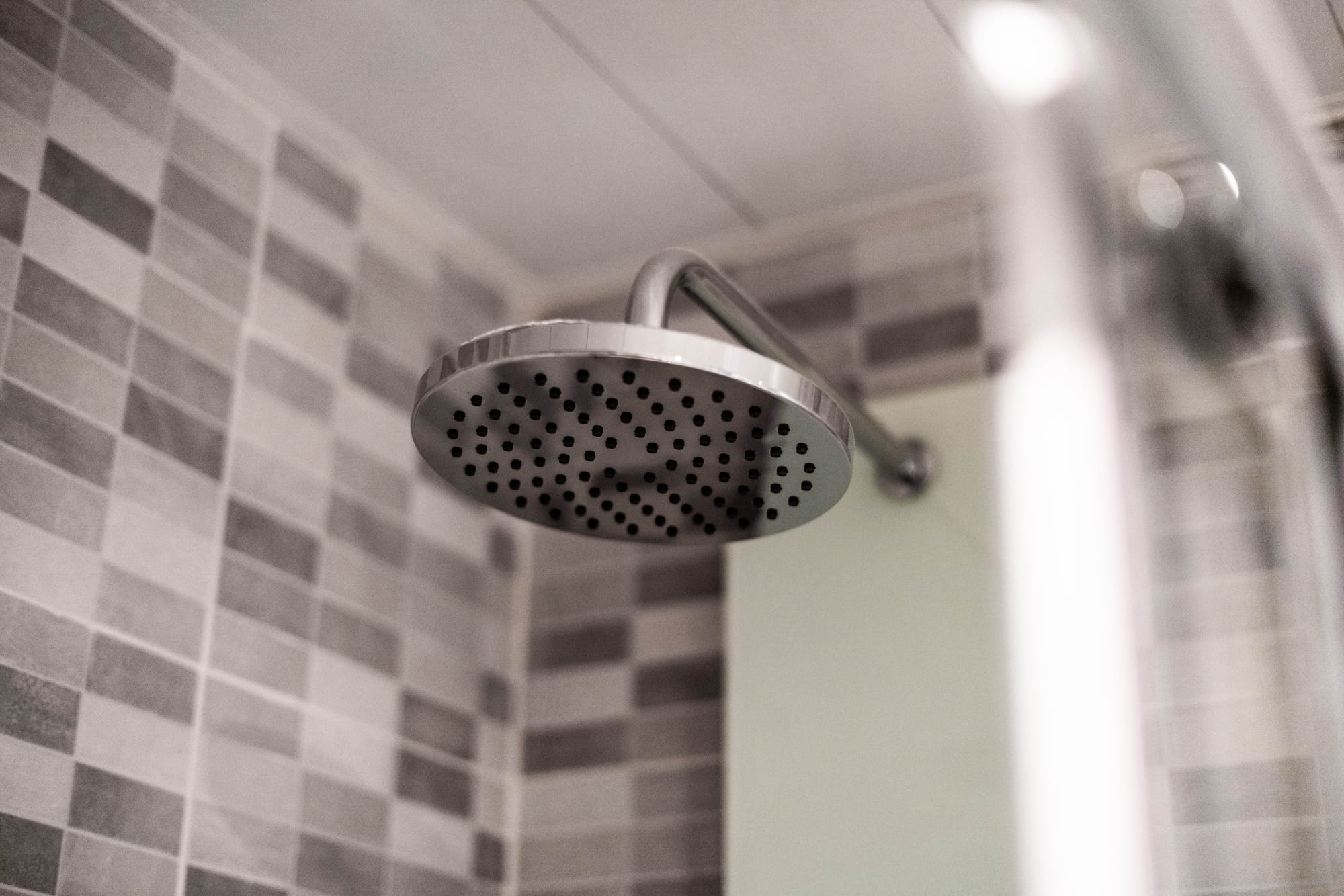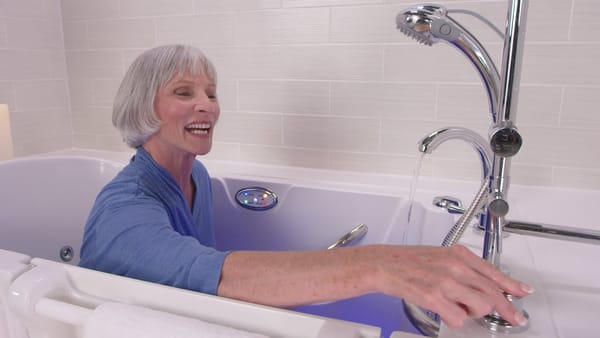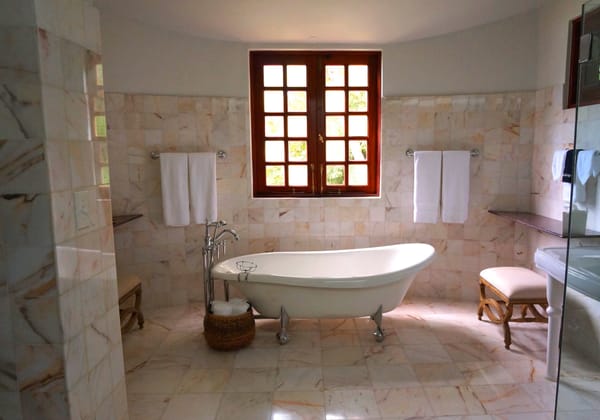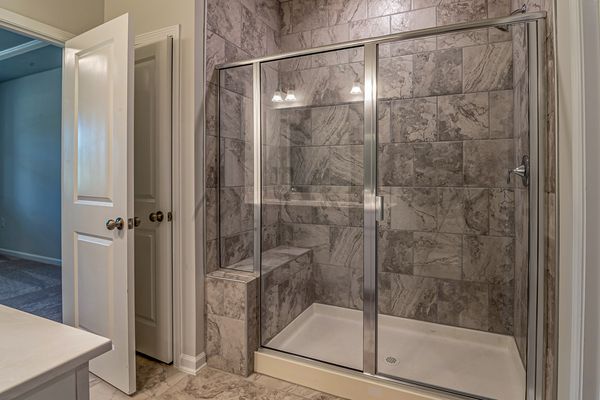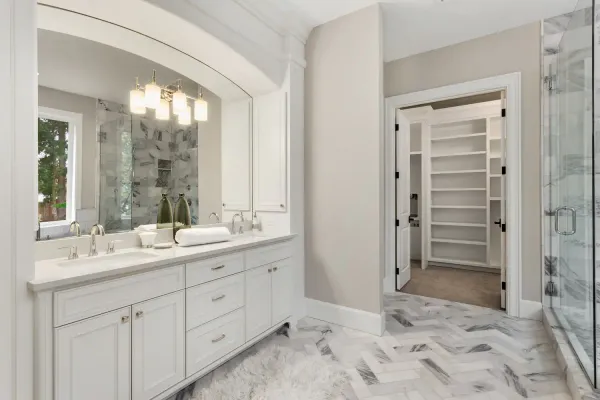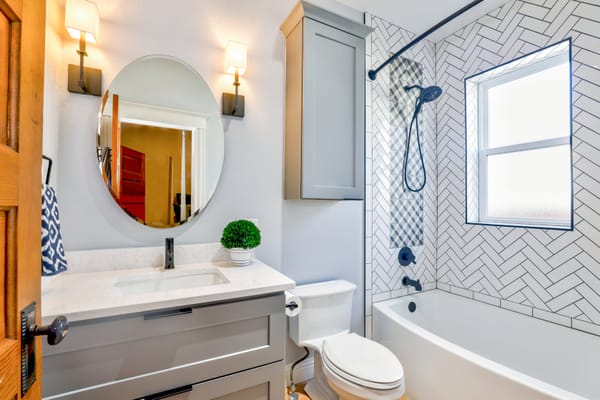Remodeling a shower can be an exciting project, transforming a mundane bathroom into a spa-like retreat. However, before diving into the project, it's crucial to understand the various factors that influence the cost of a shower remodel. This guide aims to provide homeowners with a detailed overview of the expenses involved, helping them budget effectively for their dream bathroom.
Factors Affecting Shower Remodel Cost
1. Size and Layout
The size and layout of your current bathroom and the desired shower area significantly impact the total cost. Expanding the shower space or altering the layout will require additional labor and materials.
2. Materials
The choice of materials, from tiles to shower heads, plays a major role in the overall cost. Luxury materials like high-end ceramic or natural stone tiles can be more expensive than standard options.
3. Labor
Professional installation can be a significant portion of the budget. Complex designs and high-end finishes require skilled labor, which comes at a higher cost.
4. Plumbing and Electrical Work
Any changes to existing plumbing or electrical systems can add to the expense. This includes moving pipes, installing new showerheads, or adding lighting.
5. Additional Features
Features like built-in seating, multiple shower heads, steam systems, or special lighting can elevate the cost but add to the luxury and functionality of the shower.
Average Cost Breakdown
The average cost of a shower remodel can vary widely based on the factors mentioned above. Here’s a general breakdown:
1. Basic Remodel
A basic shower remodel, involving simple updates like new tiles and fixtures, can range from $1,000 to $5,000.
2. Mid-Range Remodel
A mid-range remodel with quality materials, improved lighting, and a standard-size shower can cost between $5,000 and $10,000.
3. High-End Remodel
For a luxurious shower remodel with top-of-the-line materials, custom features, and possible layout changes, homeowners can expect to spend $10,000 to $20,000 or more.
DIY vs. Professional Remodeling
While a DIY approach can save on labor costs, it's essential to consider the complexity of the project. Professional remodeling ensures quality, especially for tasks involving plumbing and electrical work. However, for simpler updates, like replacing tiles or fixtures, a DIY approach can be cost-effective.
Cost-Saving Tips
1. Plan Thoroughly
A well-planned project can prevent costly mistakes and unexpected expenses.
2. Choose Materials Wisely
Opt for mid-range materials that offer durability and aesthetic appeal without breaking the bank.
3. Compare Quotes
Get multiple quotes from contractors to ensure competitive pricing.
4. Do Some Work Yourself
Consider handling some aspects of the remodel, like demolition or painting, to reduce labor costs.
Maximizing Value in Your Shower Remodel
1. Focus on Quality
While it's tempting to cut corners, investing in quality materials and professional installation can ensure your remodel lasts longer and adds more value to your home.
2. Consider Resale Value
If you plan to sell your home in the future, consider popular trends and designs that might appeal to potential buyers. However, personalization is key if the remodel is for long-term enjoyment.
3. Eco-friendly Options
Incorporating eco-friendly features such as low-flow showerheads and energy-efficient lighting can save money in the long run and appeal to environmentally conscious buyers.
Navigating Permits and Regulations
Before starting your remodel, check local building codes and obtain necessary permits. This ensures that all work is up to standard and avoids costly fines or redoing work. Professional contractors can often handle this process, simplifying it for homeowners.
Design Trends and Personal Preferences
While budget and functionality are crucial, the design aesthetic is equally important. Current trends lean towards minimalistic designs, neutral colors, and natural materials. Smart showers with digital controls are also gaining popularity. Ultimately, personal preference should guide the design process, ensuring the final result is a space you love.
Long-term Maintenance and Upkeep
Consider the long-term maintenance of the materials and features you choose. Some high-end materials may require more care, while others are designed for durability and easy cleaning. This consideration can affect both the upfront cost and the long-term value of your remodel.
Conclusion
Understanding the shower remodel costs is crucial in making informed decisions about your bathroom upgrade. Whether you're considering a luxurious walk-in shower or a practical tub and shower combo, the costs can vary significantly based on the shower size, materials, and design elements. The choice between a custom-built shower pan and a prefabricated shower insert, for example, can have a substantial impact on the budget. Similarly, the selection of shower tile, shower doors, and shower fixtures all contribute to the final cost per square foot.
When planning your shower remodel project, it's essential to consider all these factors to balance your desires with your budget. How much does it cost ultimately depends on the complexity of the design, the quality of materials, and the specific requirements of your bathroom space. For those contemplating walk-in showers, the elegance and accessibility they add to a bathroom are often worth the investment. However, if you're leaning towards prefabricated shower kits for their cost-effectiveness and ease of installation, it's important to weigh their long-term value and customization limitations.
Shower remodels are not just about aesthetic improvements; they also enhance the functionality and comfort of your daily routine. By carefully evaluating shower remodel costs, homeowners can transform their bathrooms into a personal oasis without overshooting their budget. Remember, the key to a successful remodel lies in meticulous planning, understanding the cost implications per square foot, and choosing the right components, whether it's a sleek shower door or high-quality shower fixtures.

